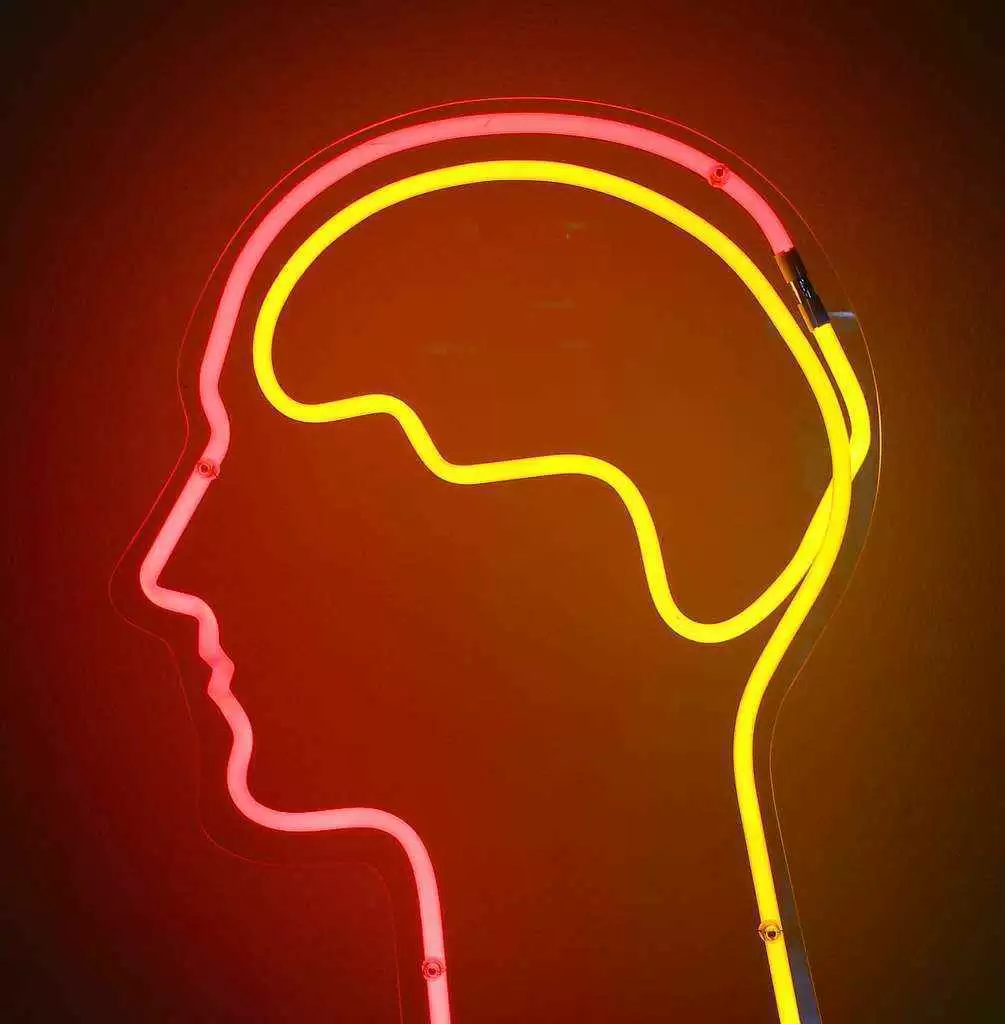
Celiac.com 12/29/2018 - Imbalance and clumsiness may not be the most common symptom of the nervous system related to gluten intolerance but one of the most researched areas. Physicians use the term “ataxia” to describe poor coordination and balance. It can affect your walking and your ability to stand. While many systems contribute to your balance your cerebellum in the brain is the location that organizes all of the information and navigates your movements precisely.
Some doctors claim that ataxia is one of the most common disorders produced by gluten in relationship to our nervous system. Poor coordination and clumsiness does occur with gluten intolerance and affects children as well as adults. Evidence suggests that this is all due to the immune system’s reaction to gluten itself. In people who are genetically at-risk for gluten sensitivity, gluten induces an immune attack against the protein gliadin and this antibody not only attacks gliadin in the gut but also attacks tissues far away from the intestines. In this case, through the bloodstream, these antibodies travel to the cerebellum and attack the Purkinje cells. As these cells become inflamed from the immune attack, the ability to integrate all the “balance information” is impaired, and coordination suffers. Symptoms like poor balance and coordination can result.
Celiac.com Sponsor (A12):
A study in Britain examined 224 people with ataxia disorders. Some had an inherited disorder of ataxia, some had ataxia combined with other neurologic symptoms, and some simply had ataxia without known cause. Of those that were without known cause, 41 percent were found to have anti-gliadin antibodies supporting gluten sensitivity as a cause. In another study, ten patients with headaches and/or clumsiness were placed on a gluten-free diet. Over time, nine of the ten showed a beneficial response in all symptoms. The evidence is overwhelming. The presence of gluten antibodies, shrinkage of the cerebellum and the dramatic response to dietary change all support gluten as the cause.









Recommended Comments
Create an account or sign in to comment
You need to be a member in order to leave a comment
Create an account
Sign up for a new account in our community. It's easy!
Register a new accountSign in
Already have an account? Sign in here.
Sign In Now